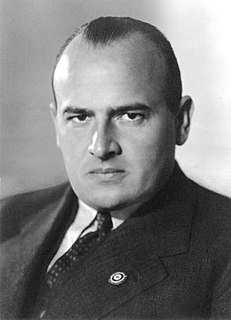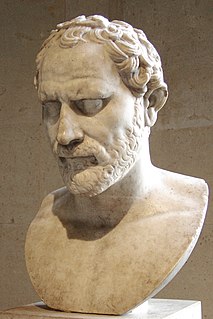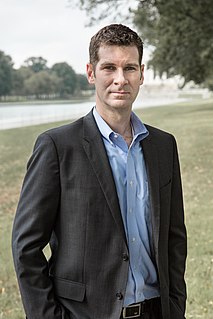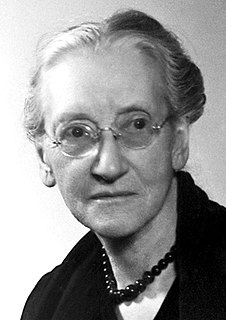A Quote by Hans Frank
My aim was to safeguard justice, without doing harm to our war effort.
Related Quotes
Science is the search for the truth--it is not a game in which one tries to beat his opponent, to do harm to others. We need to have the spirit of science in international affairs, to make the conduct of international affairs the effort to find the right solution, the just solution of international problems, and not an effort by each nation to get the better of other nations, to do harm to them when it is possible. I believe in morality, in justice, in humanitarianism.
We think of justice sometimes as getting what you deserve, you know? - ?what crime was committed and what is the punishment for that crime. That's how a lot of the criminal justice works. But God's justice is restorative, so it's not as interested in those same questions of "What did they do wrong?" and "What is the punishment for that?" It's more about what harm was done and how do we heal that harm, and that's a much more redemptive version. So, it definitely doesn't turn a blind eye to harm, but it does say we want to heal the wounds of that.
There are all kinds of devices invented for the protection and preservation of countries: defensive barriers, forts, trenches, and the like... But prudent minds have as a natural gift one safeguard which is the common possession of all, and this applies especially to the dealings of democracies. What is this safeguard? Skepticism. This you must preserve. This you must retain. If you can keep this, you need fear no harm.
Drons change the way politicians think about war. You already have society's barriers against war dropping, and now you have a technology that takes the barriers to the ground. We can carry it out without having to deal with some of the consequences of sending our sons and daughters into harm's way.
You ask, What is our policy? I will say; 'It is to wage war, by sea, land and air, with all our might and with all the strength that God can give us: to wage war against a monstrous tyranny, never surpassed in the dark lamentable catalogue of human crime. That is our policy.' You ask, What is our aim? I can answer with one word: Victory-victory at all costs, victory in spite of all terror, victory however long and hard the road may be; for without victory there is no survival.
When we send our young men and women into harm's way, we have a solemn obligation not to fudge the numbers or shade the truth about why they're going, to care for their families while they're gone, to tend to the soldiers upon their return, and to never ever go to war without enough troops to win the war, secure the peace, and earn the respect of the world.




































